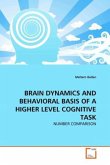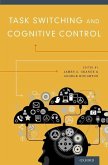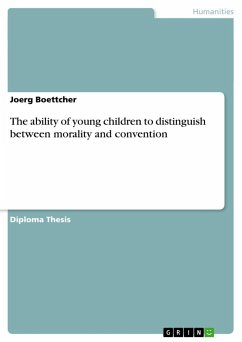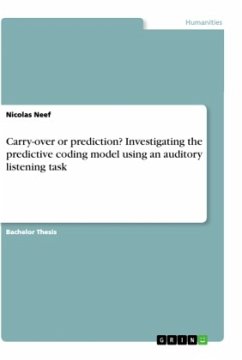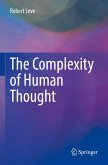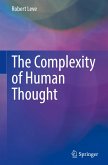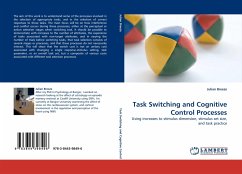The research reported in this book aims to synthesise individual-differences and experimental approaches to the study of cognition. Individual- differences are typically studied through correlational methods that are effective for describing relationships between different abilities, but provide little insight into underlying processes. Experimental psychology tends to conceptualise cognition by focusing on processes, but often fails to account for individual- differences. There are important advances to be made in psychology by integrating these approaches. Using Relational Complexity Theory as a framework, analyses of the processes underlying individual differences in cognitive ability, relational reasoning, and working memory are investigated to identify a) task characteristics that influence relational complexity, and b) the person characteristics that mediate one's capacity to deal with complexity. To achieve this, significant attention is given to the psychometric structureof the relational complexity metric and the cognitive capacities it is purported to measure. The work is relevant to students of cognition, regardless of paradigm.
Bitte wählen Sie Ihr Anliegen aus.
Rechnungen
Retourenschein anfordern
Bestellstatus
Storno


